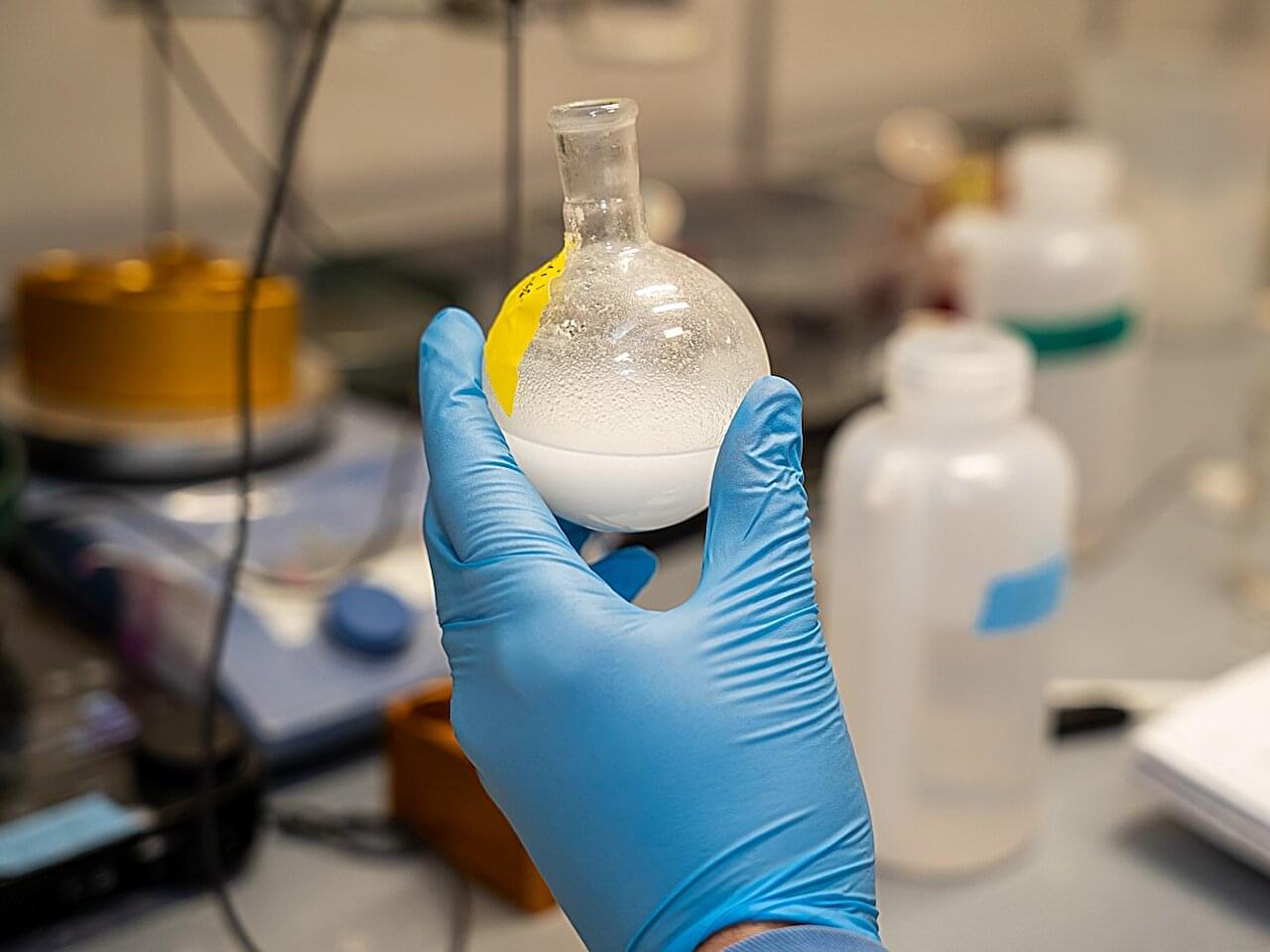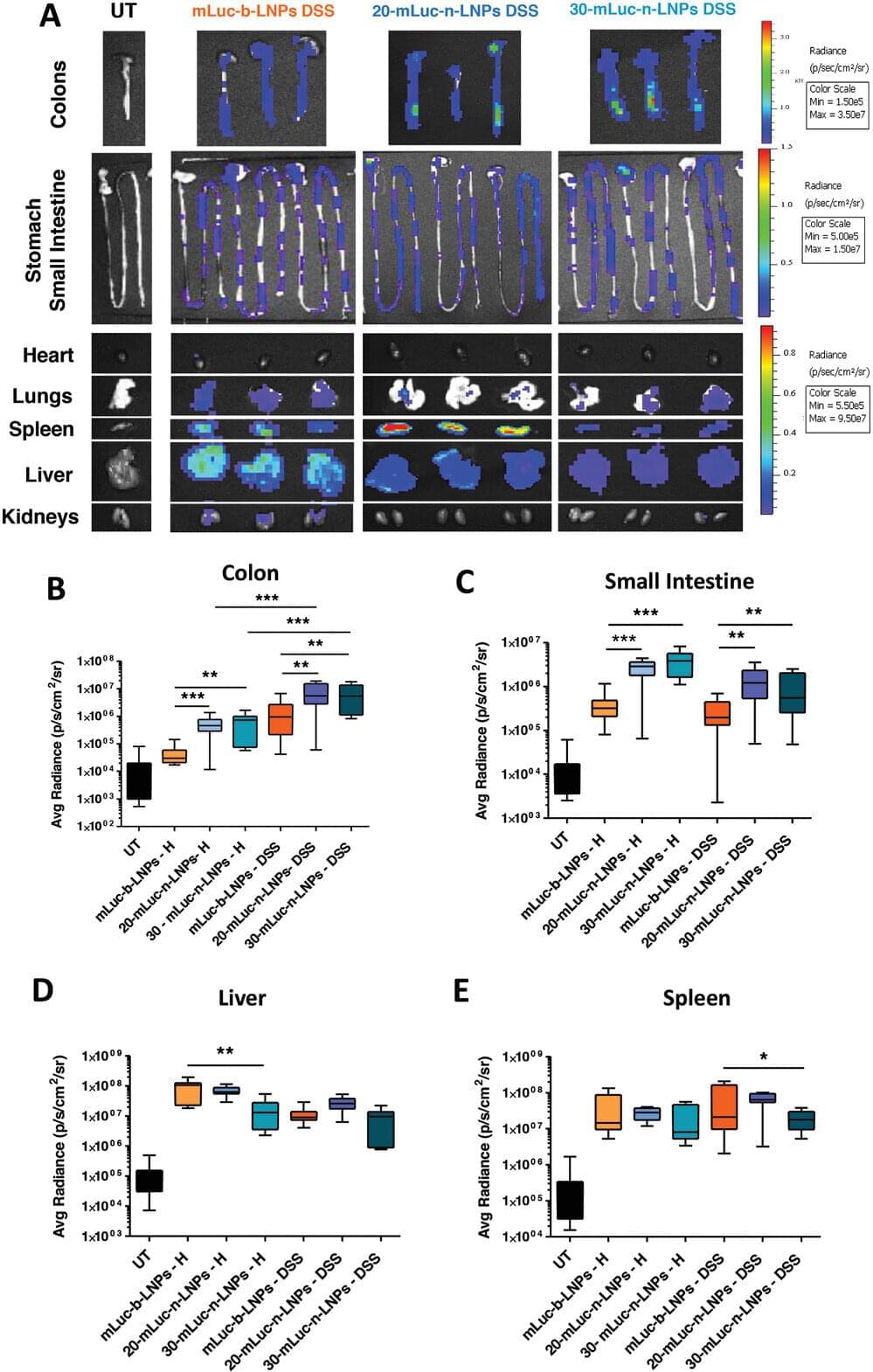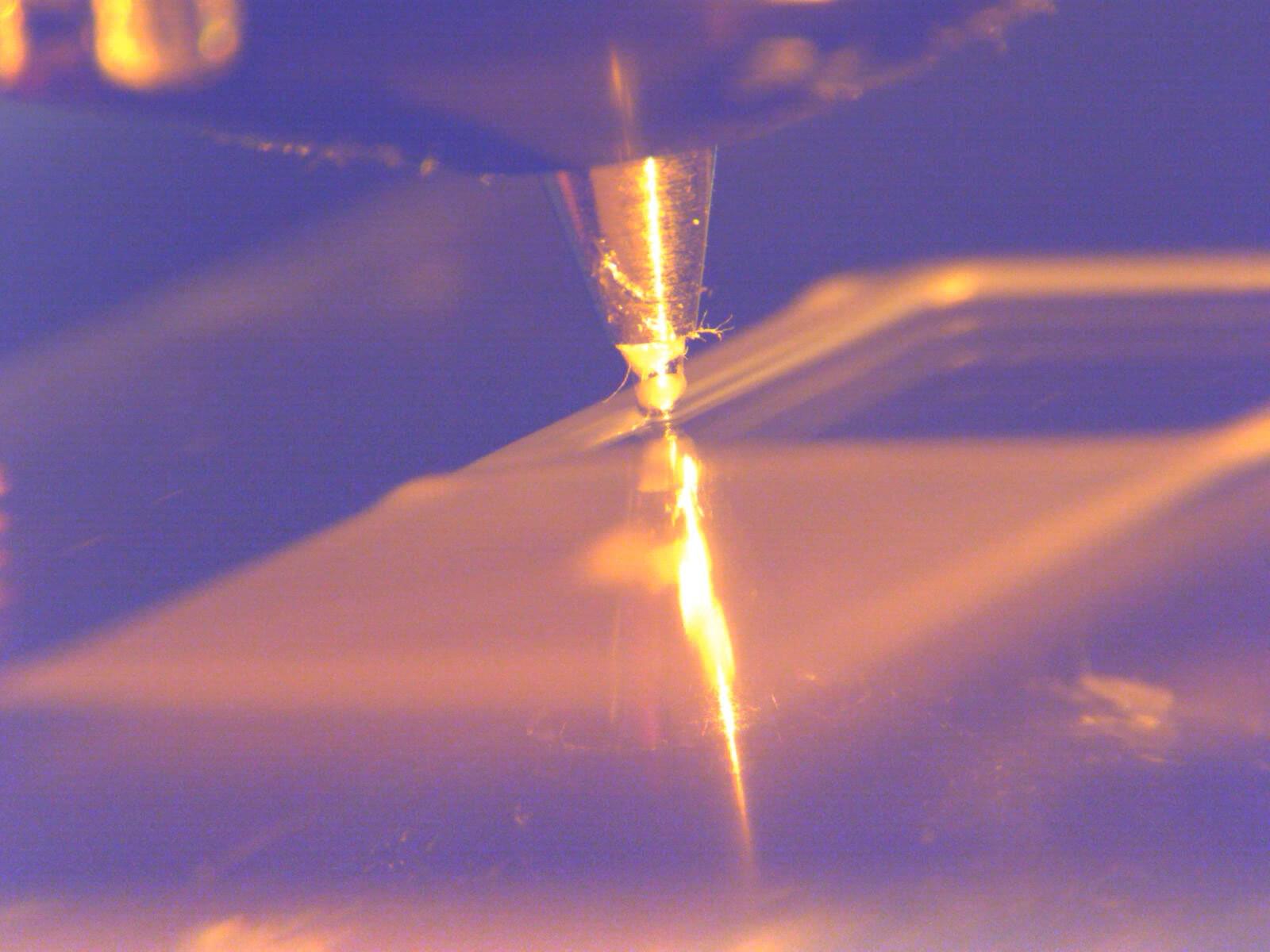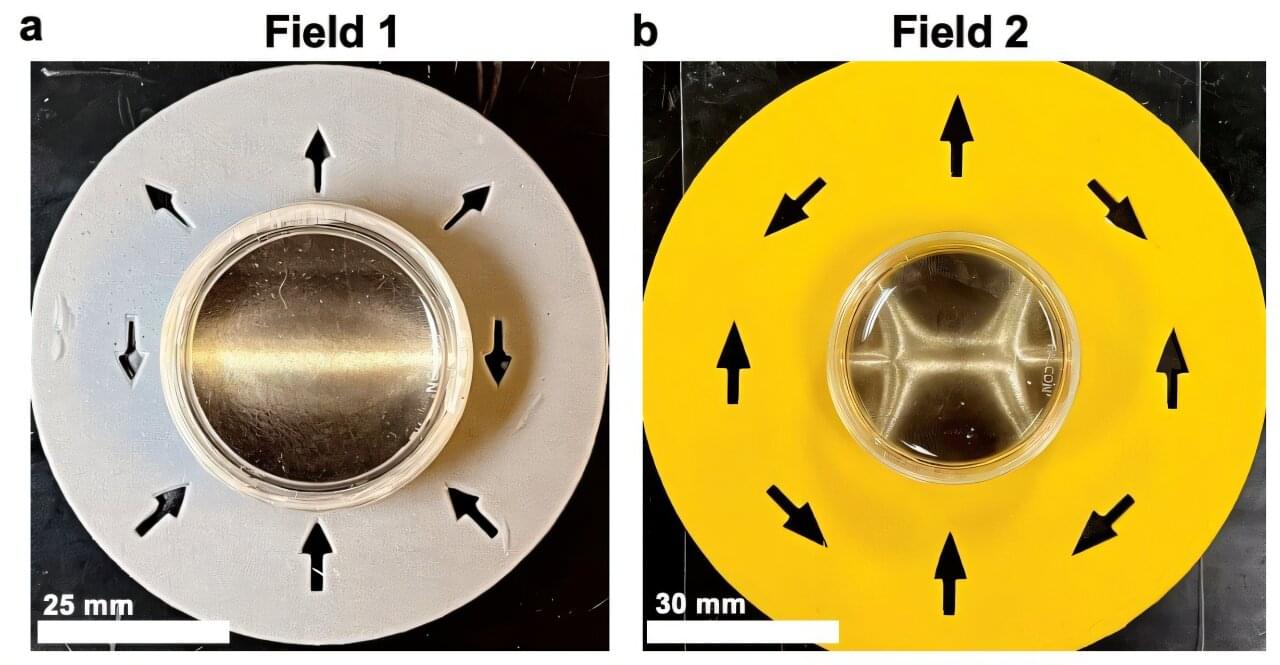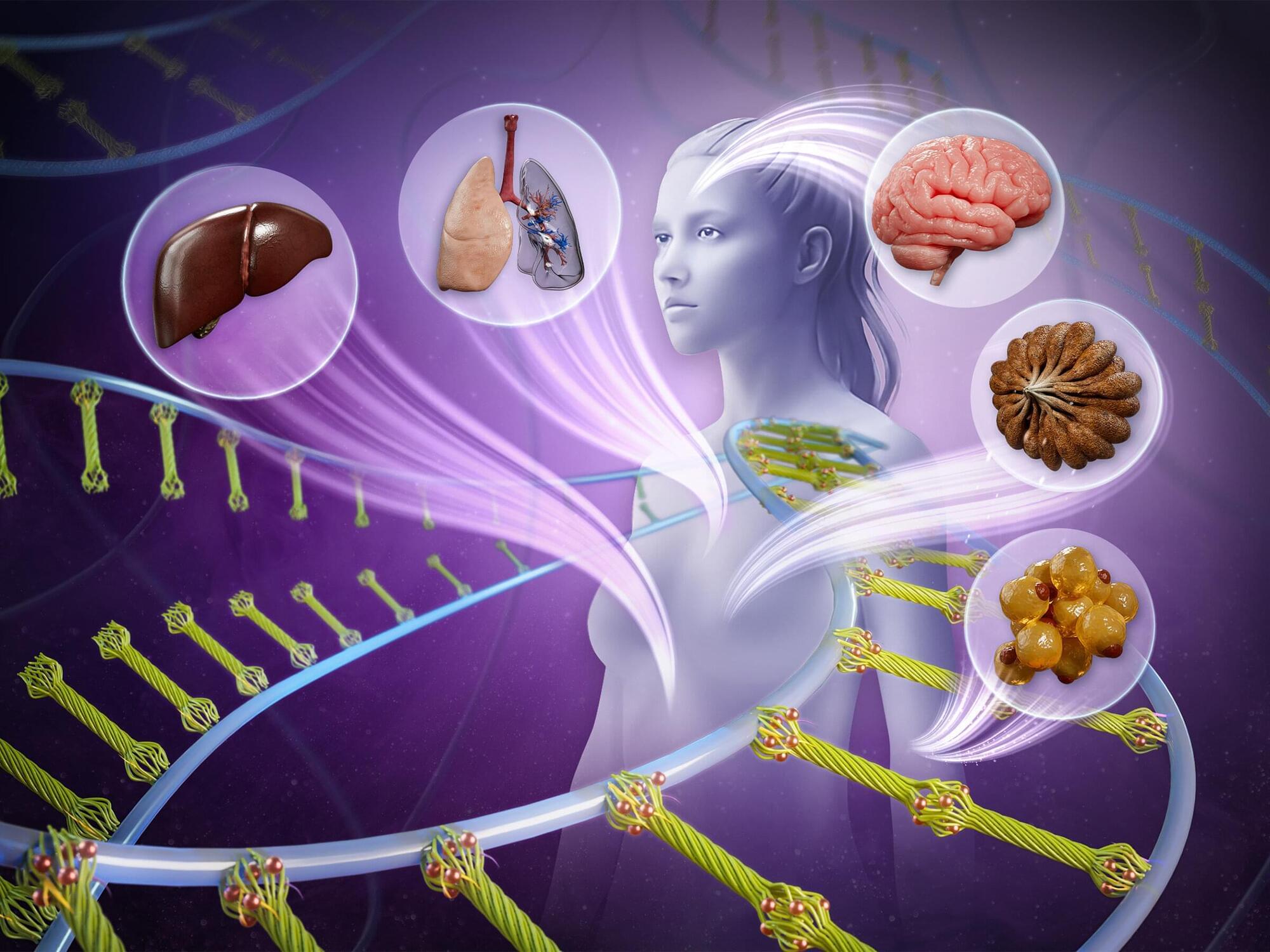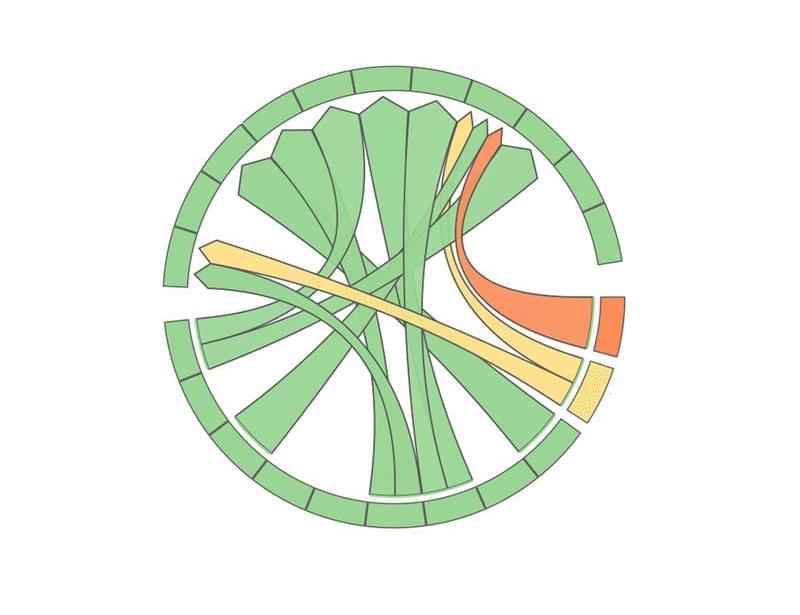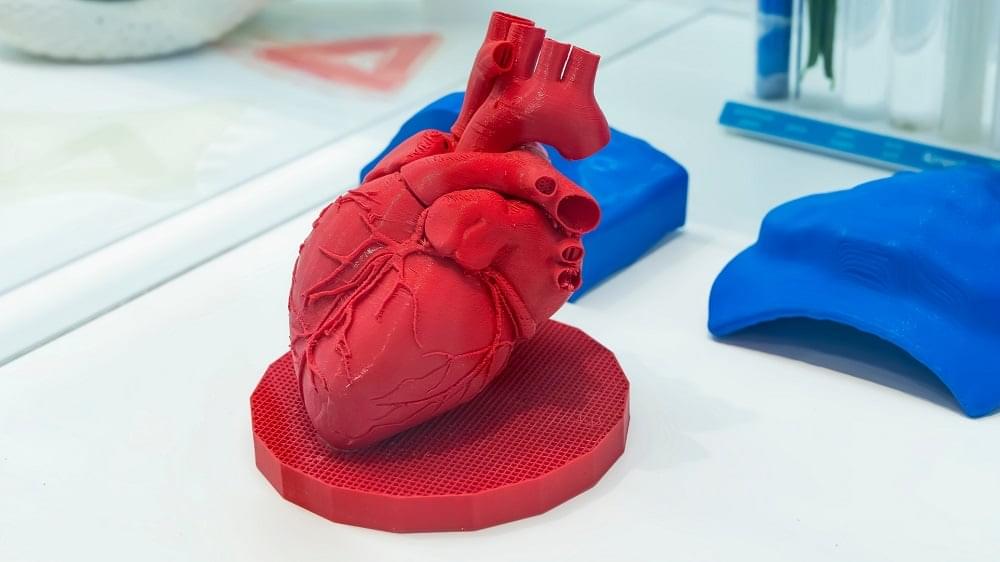Every time a shuttle docks with the International Space Station (ISS), a delicate dance unfolds between the shuttle’s docking system and its counterpart on the station. Thanks to international standards, these mechanisms are universally compatible, ensuring astronauts and cargo can safely and seamlessly enter the station.
A similar challenge arises at the microscopic level when lipid nanoparticles (LNPs)—the revolutionary drug delivery vehicles behind the COVID-19 vaccines—attempt to deliver mRNA to cells. Optimizing the design and delivery of LNPs can greatly enhance their ability to deliver mRNA successfully, empowering cells with the disease-fighting instructions needed to transform medicine.
